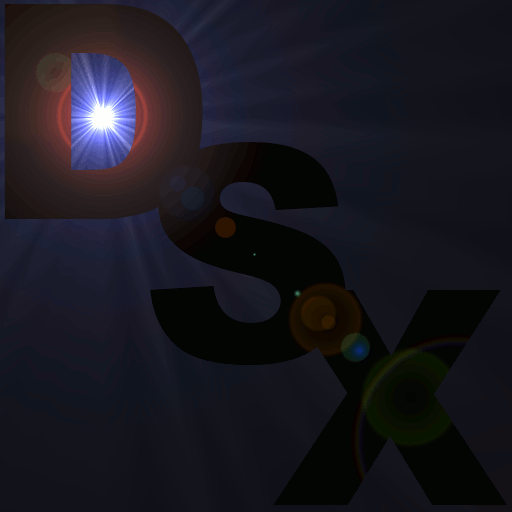css Hosting php h2seo black hat
Thanks to technology advancements, there are many different content management systems to choose from. While they have different functionalities, they also share key features. But before we jump into the key features, you should know that a content management system is made up of two main parts: the frontend and backend.
With Php, you can add unlimited additional features to your Website or Web Page, such as Forms, Sliders, Galleries, Posts and even Chatrooms.
The PHP language evolved without a written formal specification or standard until 2014, with the original implementation acting as the de facto standard which other implementations aimed to follow. Since 2014, work has gone on to create a formal PHP specification.
Instead of building your own system for creating web pages, storing images, and other functions, the content management system handles all that basic infrastructure stuff for you so that you can focus on more forward facing parts of your website.
DSX Content Management System

DSX is a flexible CMS aimed at grabbing Top 10 Search Results with "Pure SEO". I have spent over 20 years developing new ways to grab the Top 10 on Google, Bing and other top Search Engines such as Yahoo, DuckDuckGo and have developed my "Pure SEO" technique into a Content Management System that's realtively simple to use if you have any experience with typing, beacuase that's all there is to do here.
CSS is designed to enable the separation of presentation and content, including layout, colors, and fonts. This separation can improve content accessibility; provide more flexibility and control in the specification of presentation characteristics; enable multiple web pages to share formatting by specifying the relevant CSS in a separate .css file, which reduces complexity and repetition in the structural content; and enable the .css file to be cached to improve the page load speed between the pages that share the file and its formatting.
Cascading Style Sheets (CSS) is a style sheet language used for describing the presentation of a document written in a markup language such as HTML. CSS is a cornerstone technology of the World Wide Web, alongside HTML and JavaScript.
PHP is a popular general purpose scripting language that is especially suited to web development. Fast, flexible and pragmatic, PHP powers everything from your blog to the most popular websites in the world.
PHP code is usually processed on a web server by a PHP interpreter implemented as a module, a daemon or as a Common Gateway Interface (CGI) executable. On a web server, the result of the interpreted and executed PHP code – which may be any type of data, such as generated HTML or binary image data – would form the whole or part of an HTTP response.